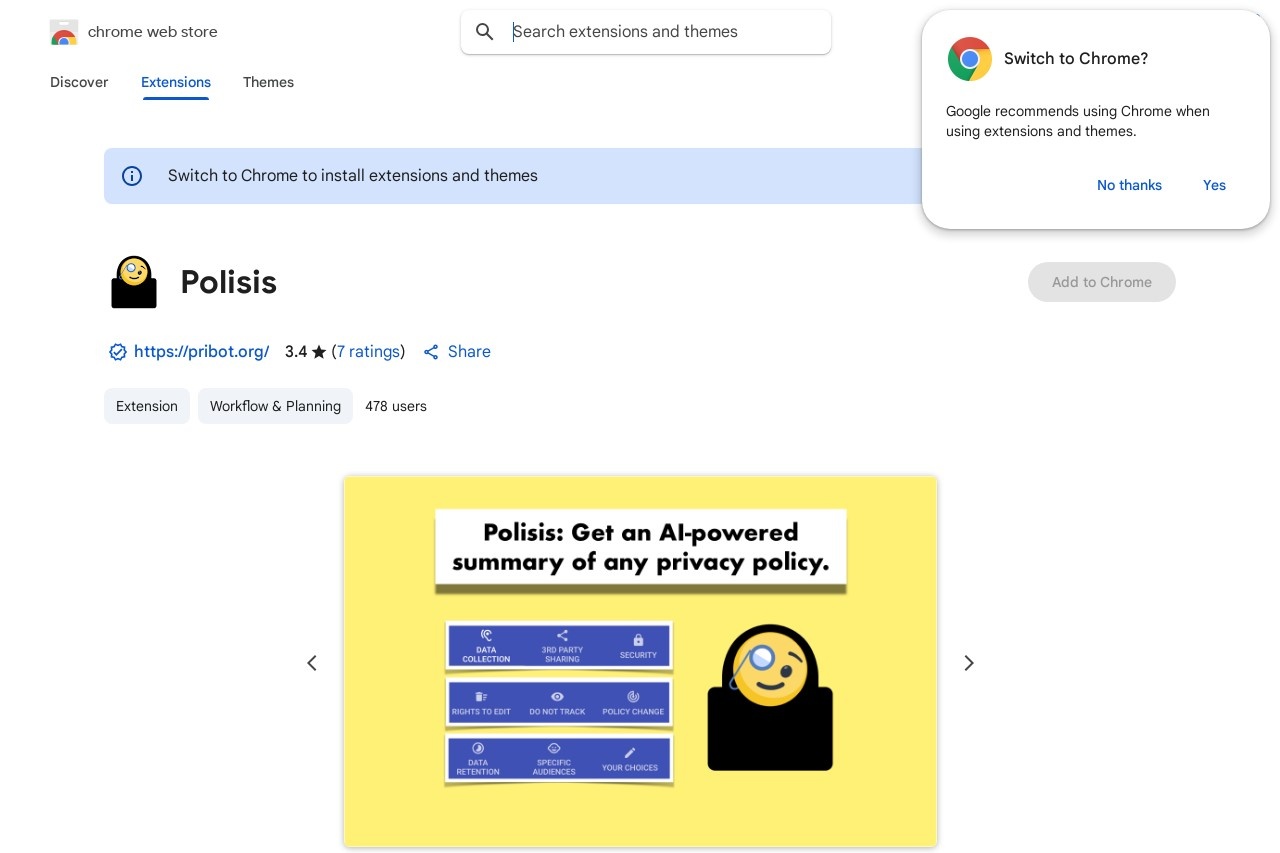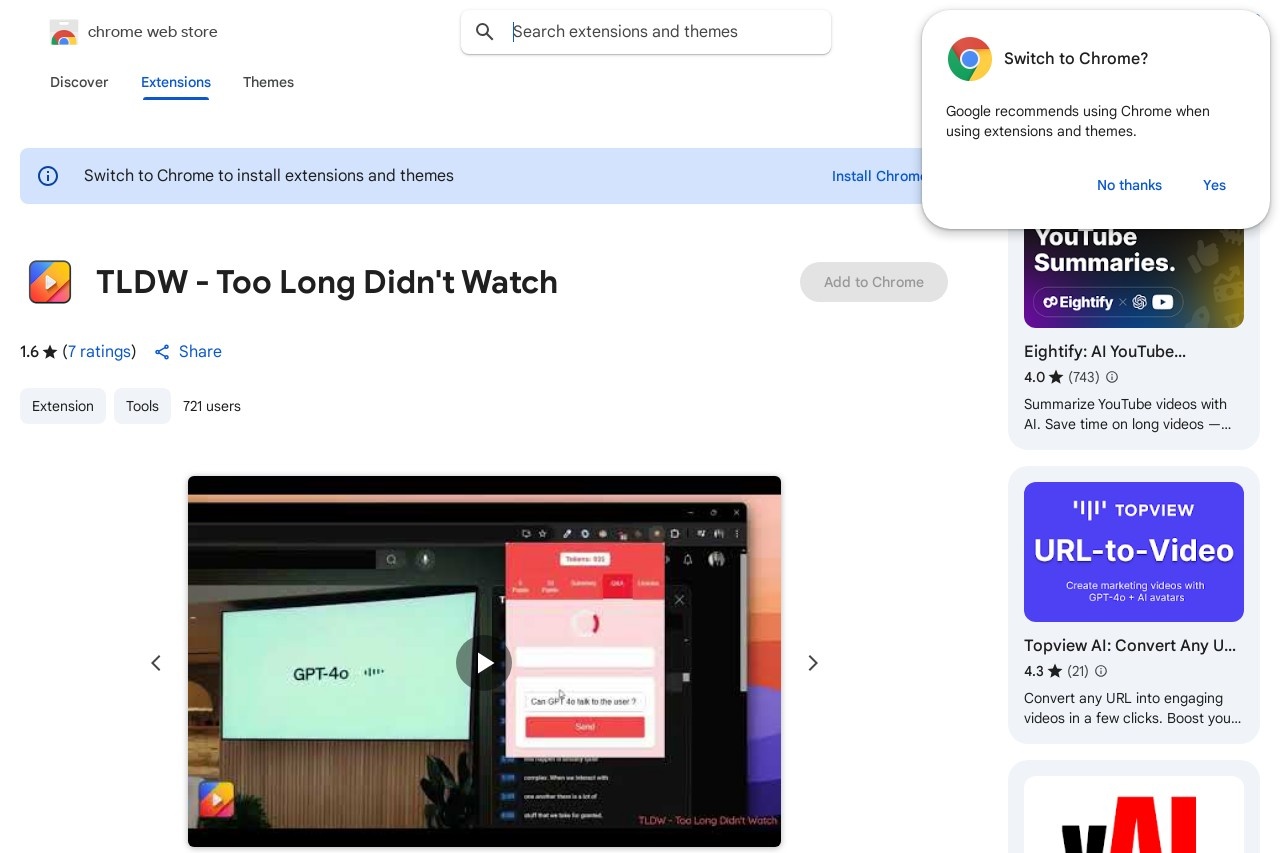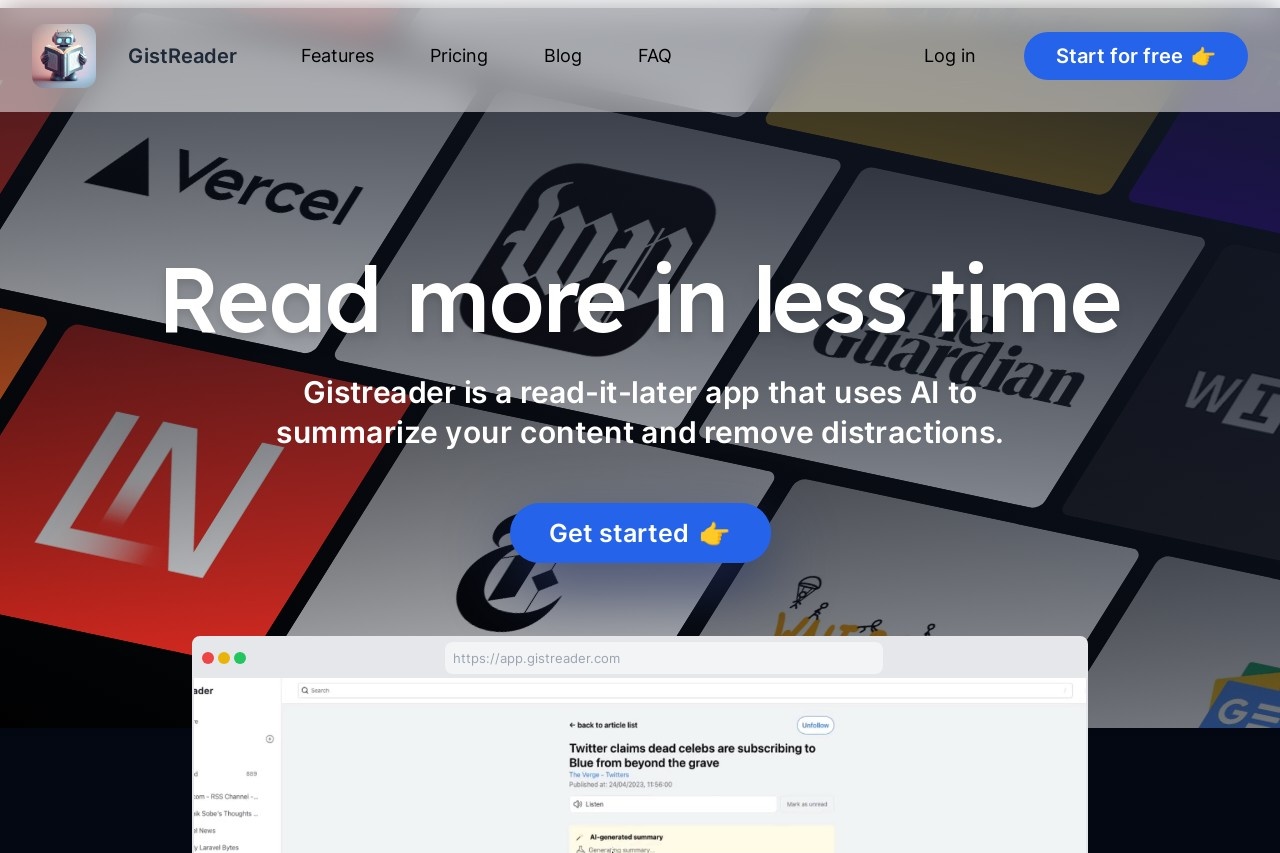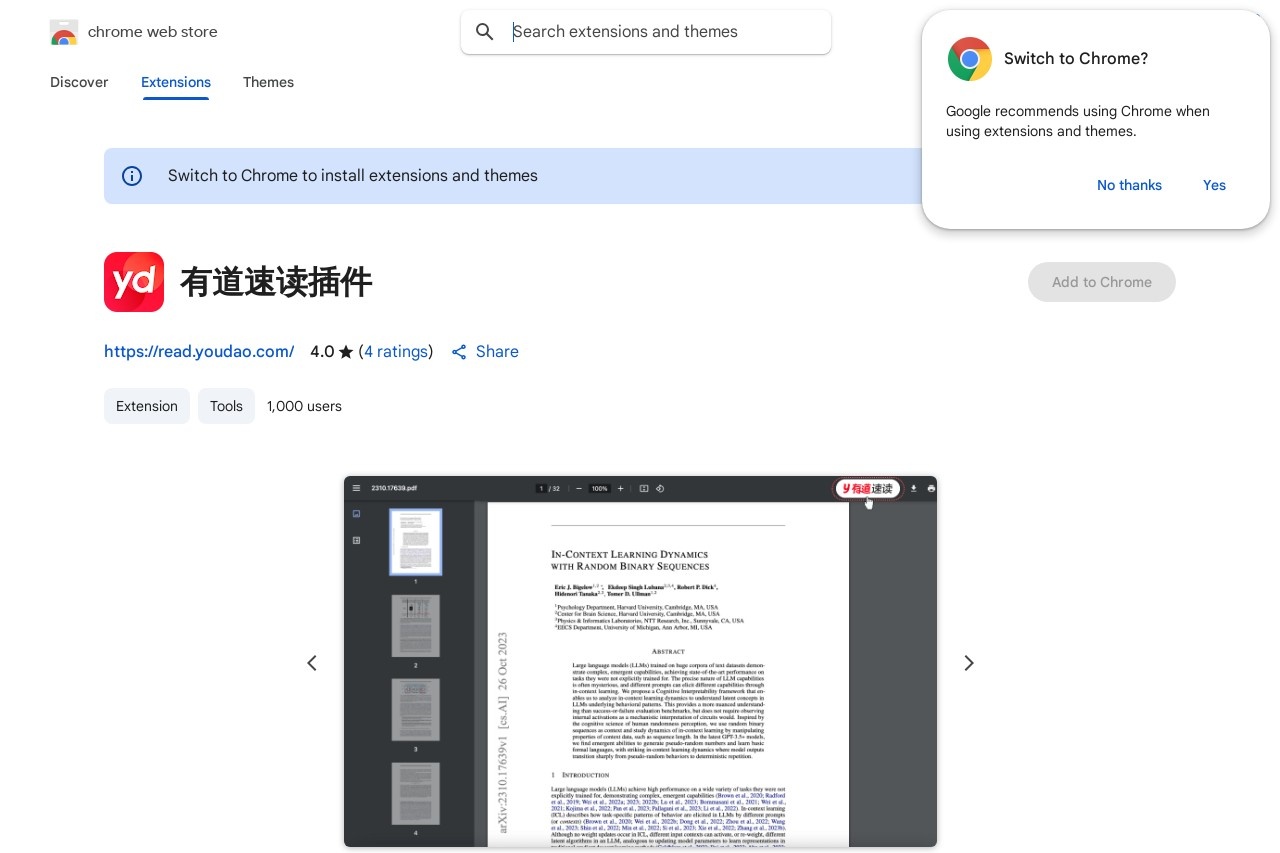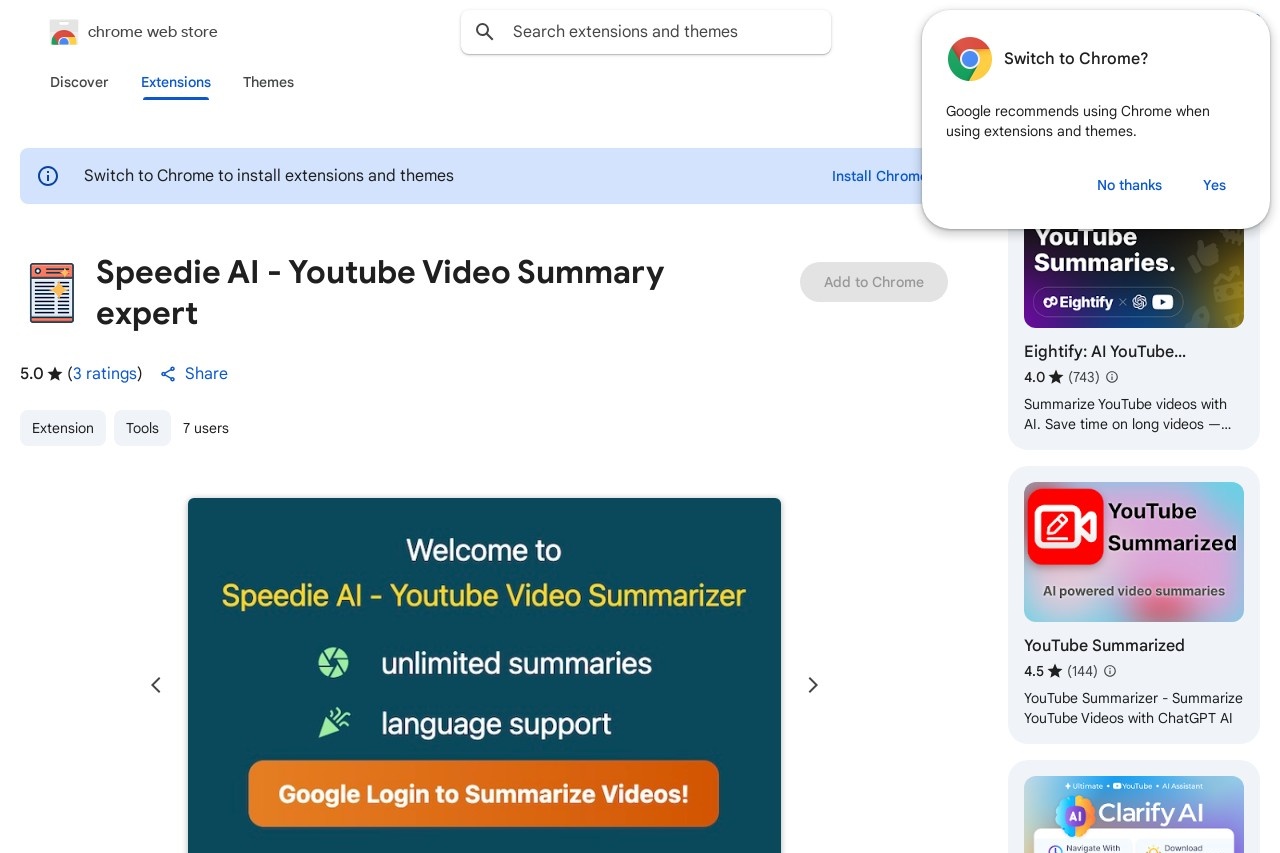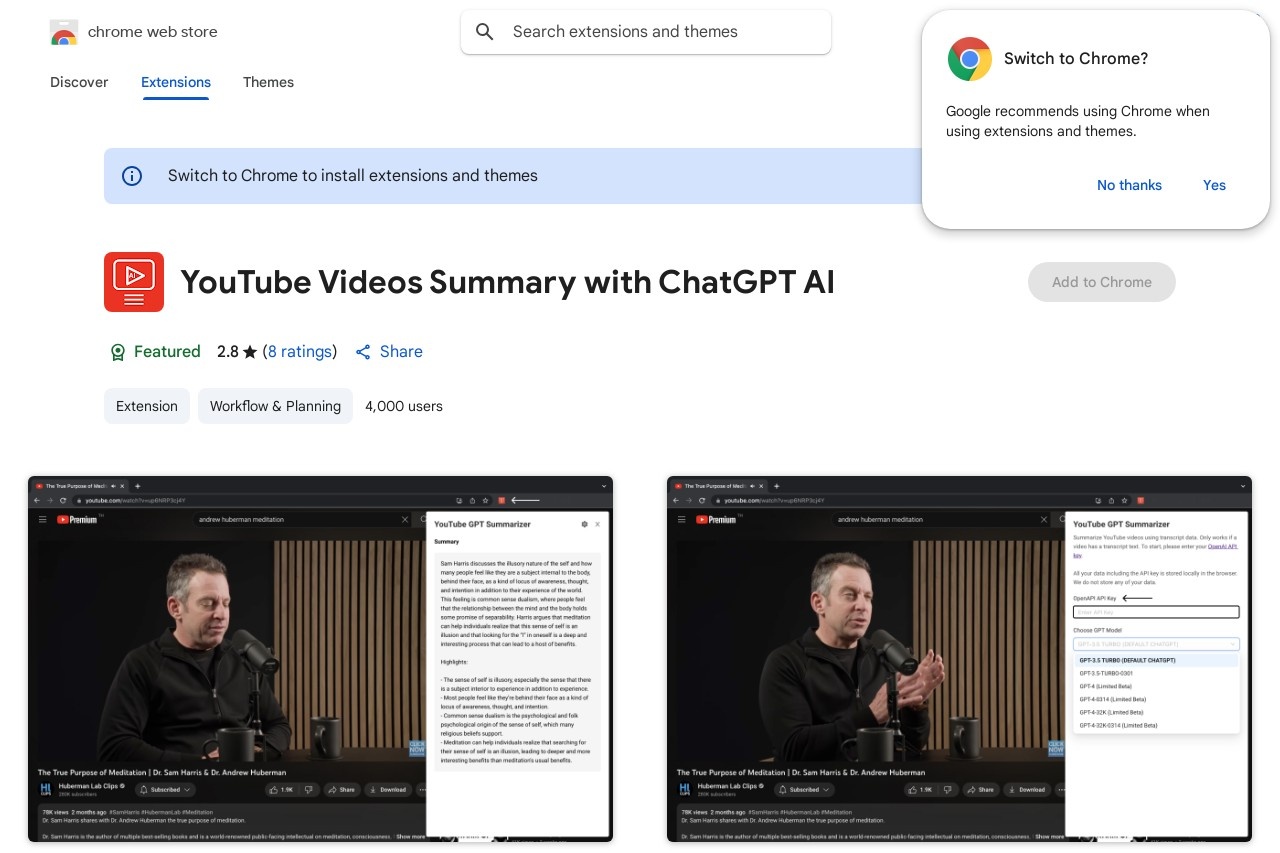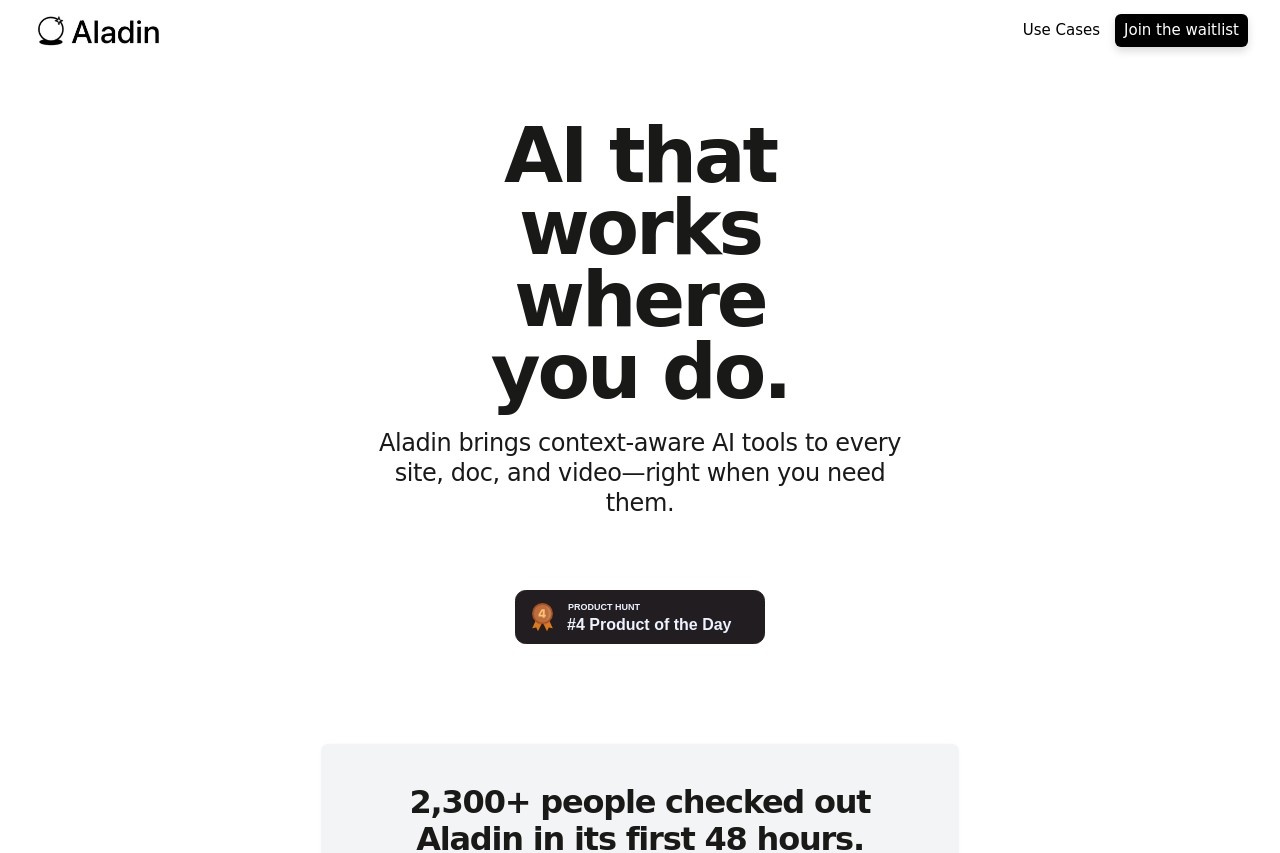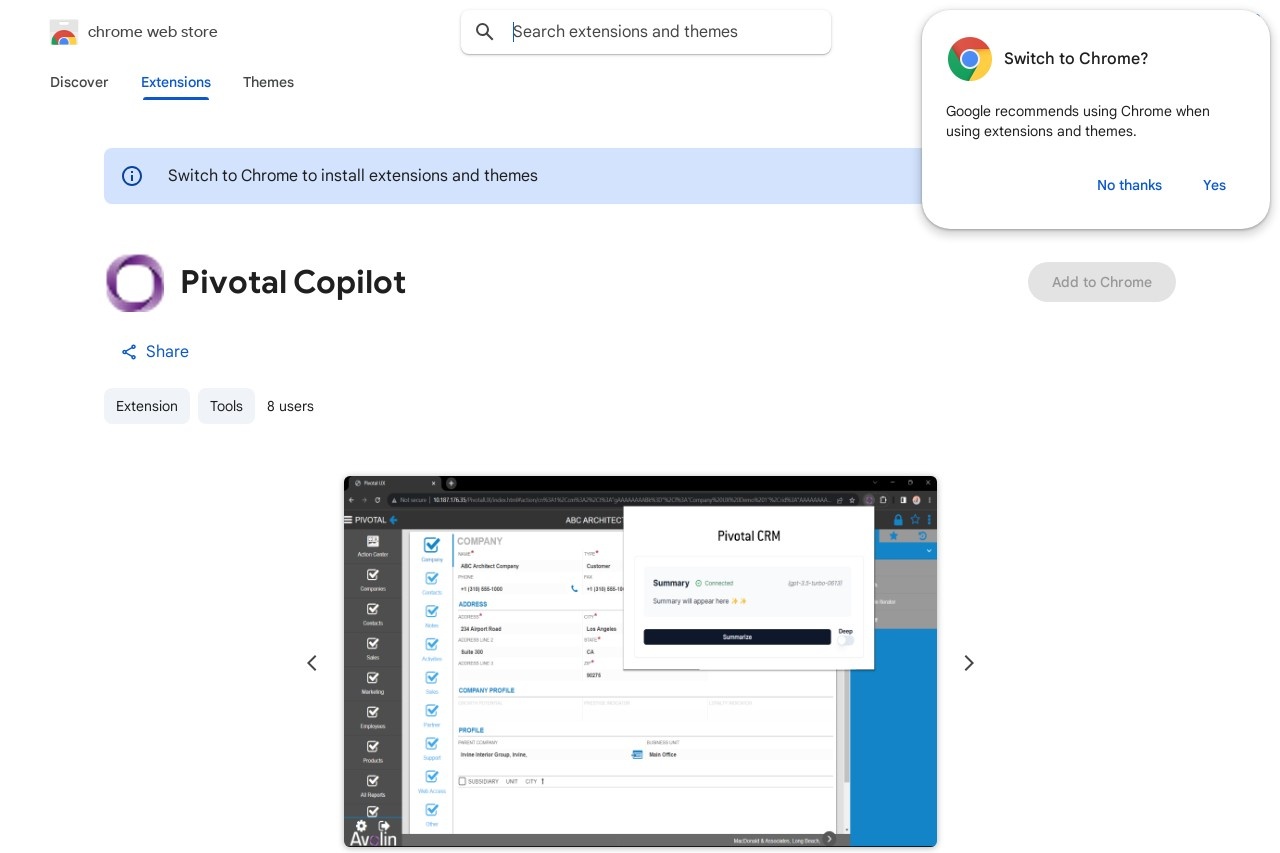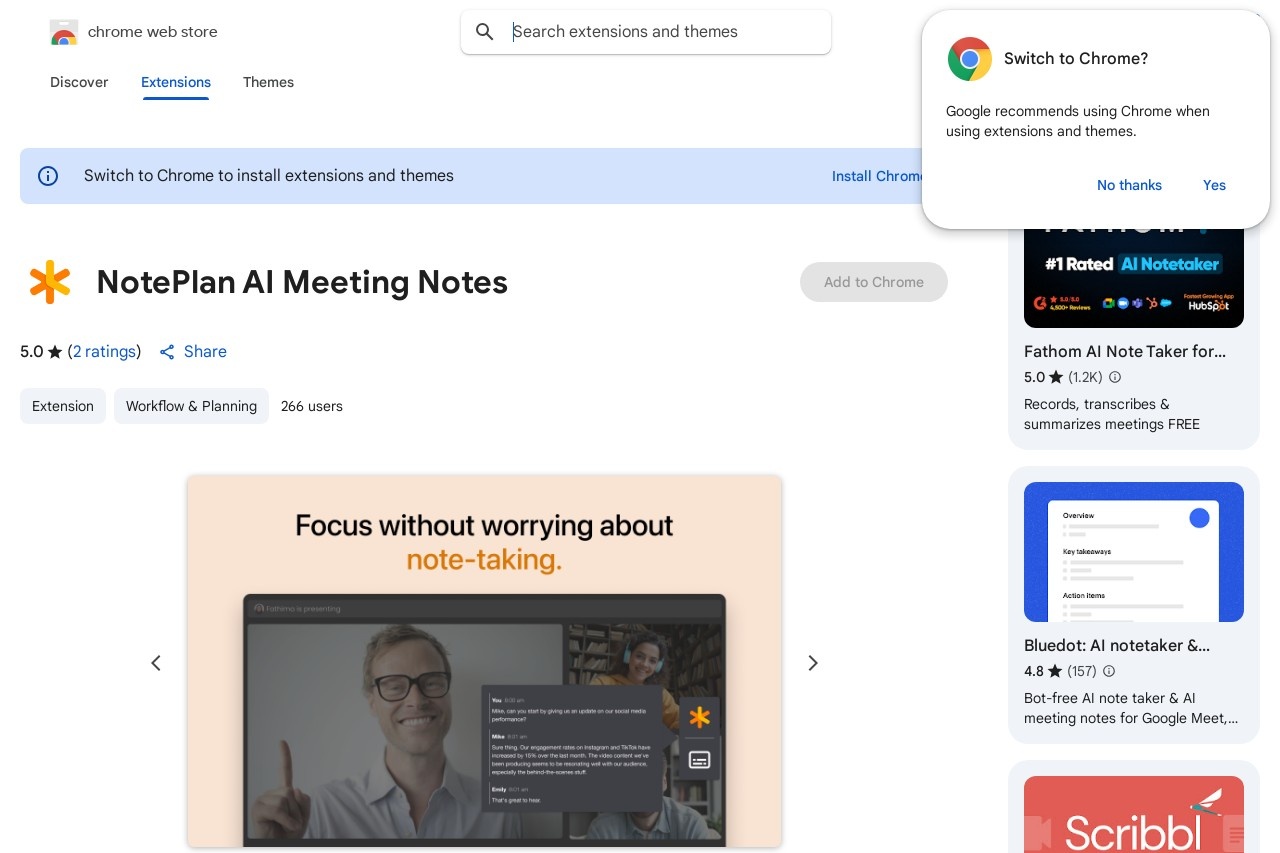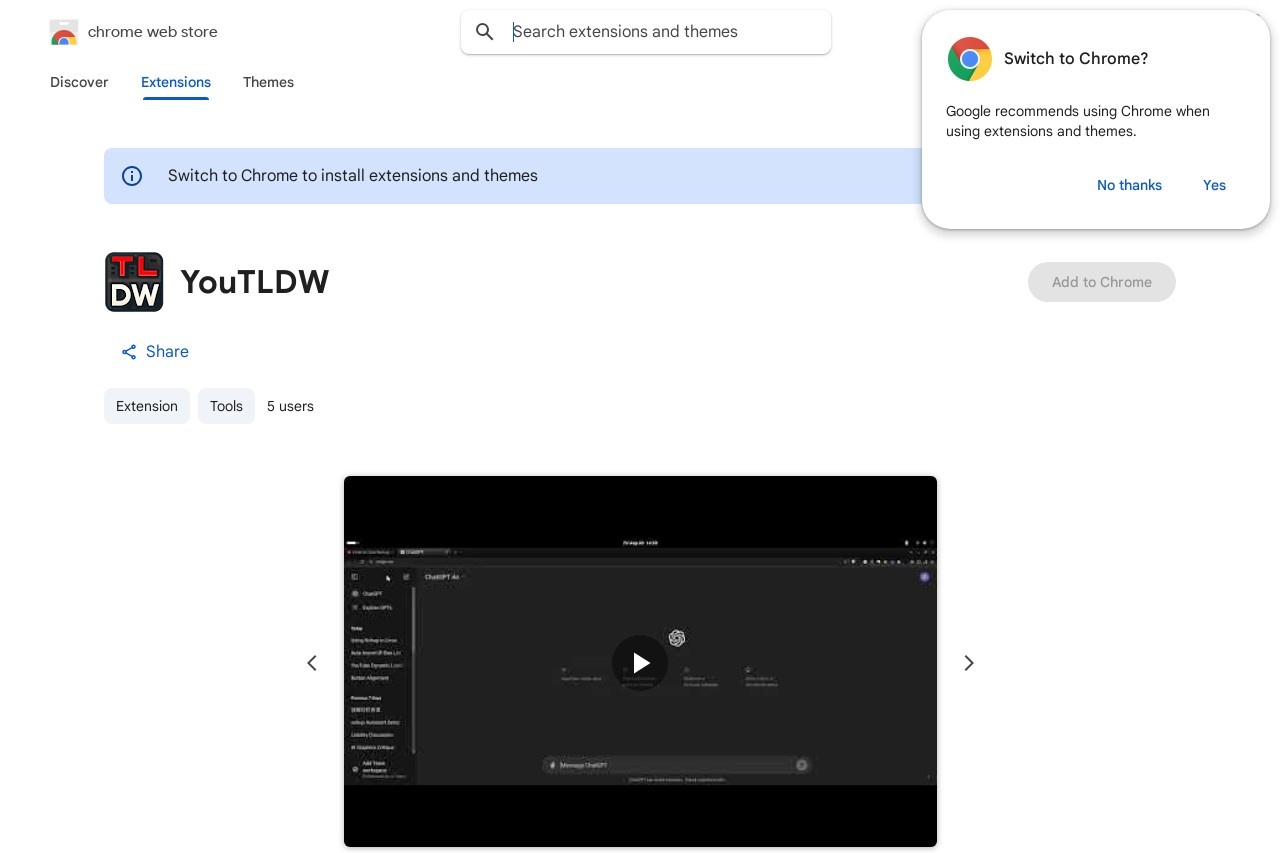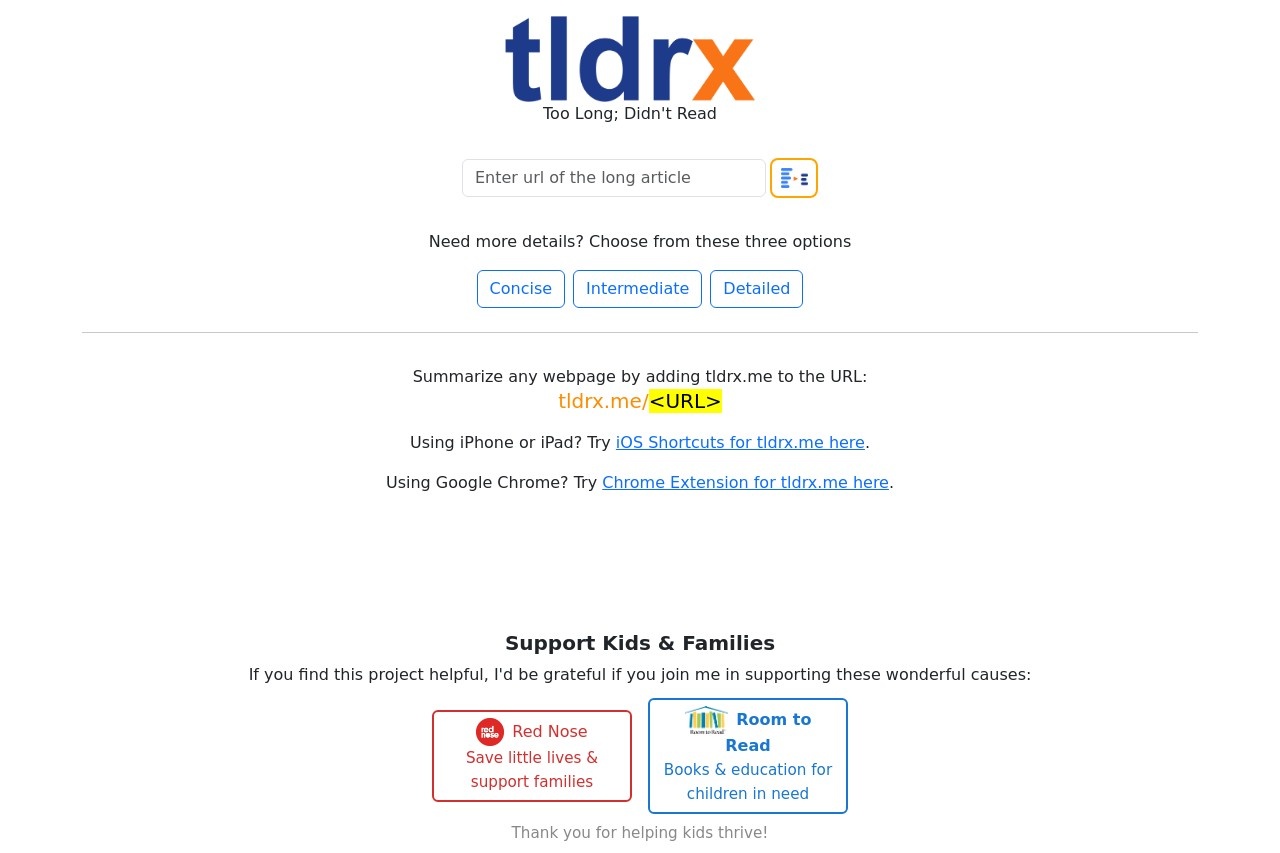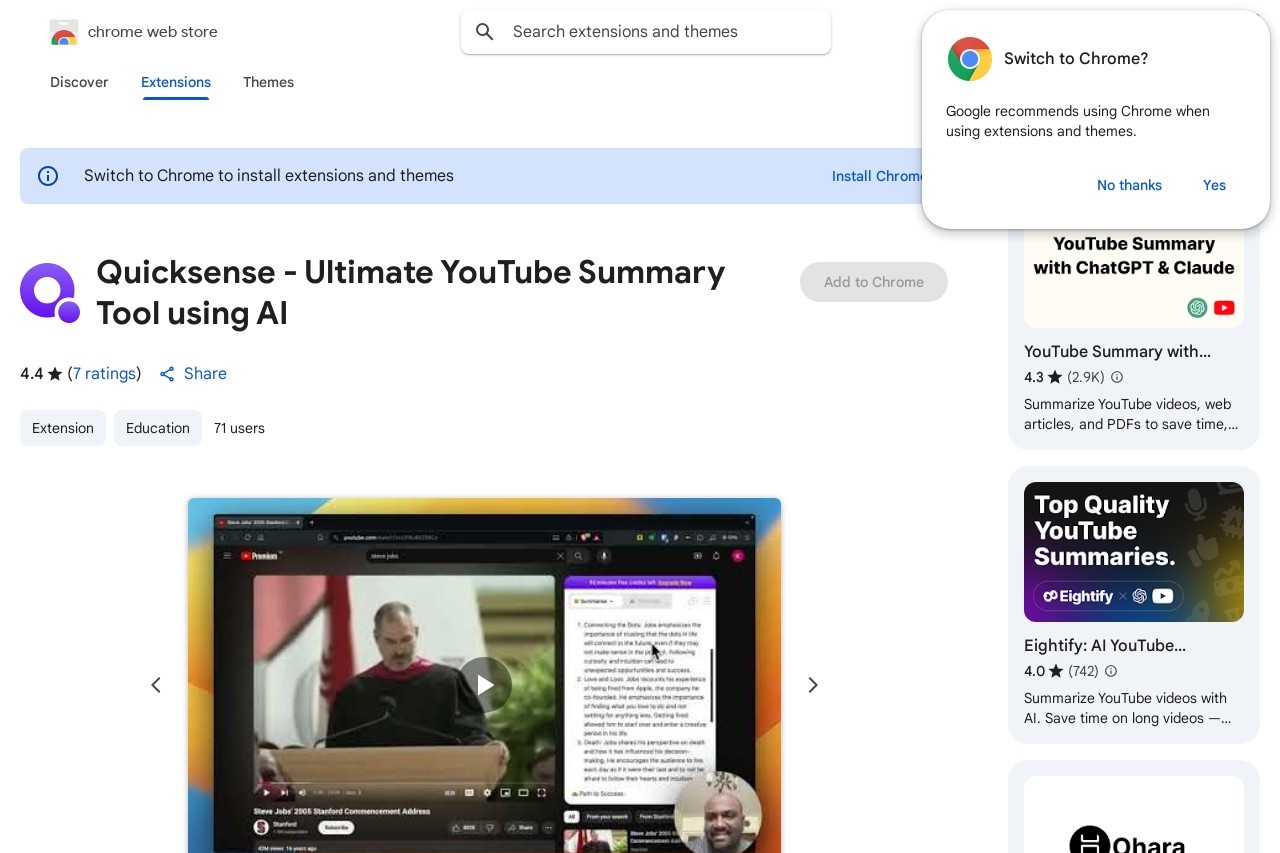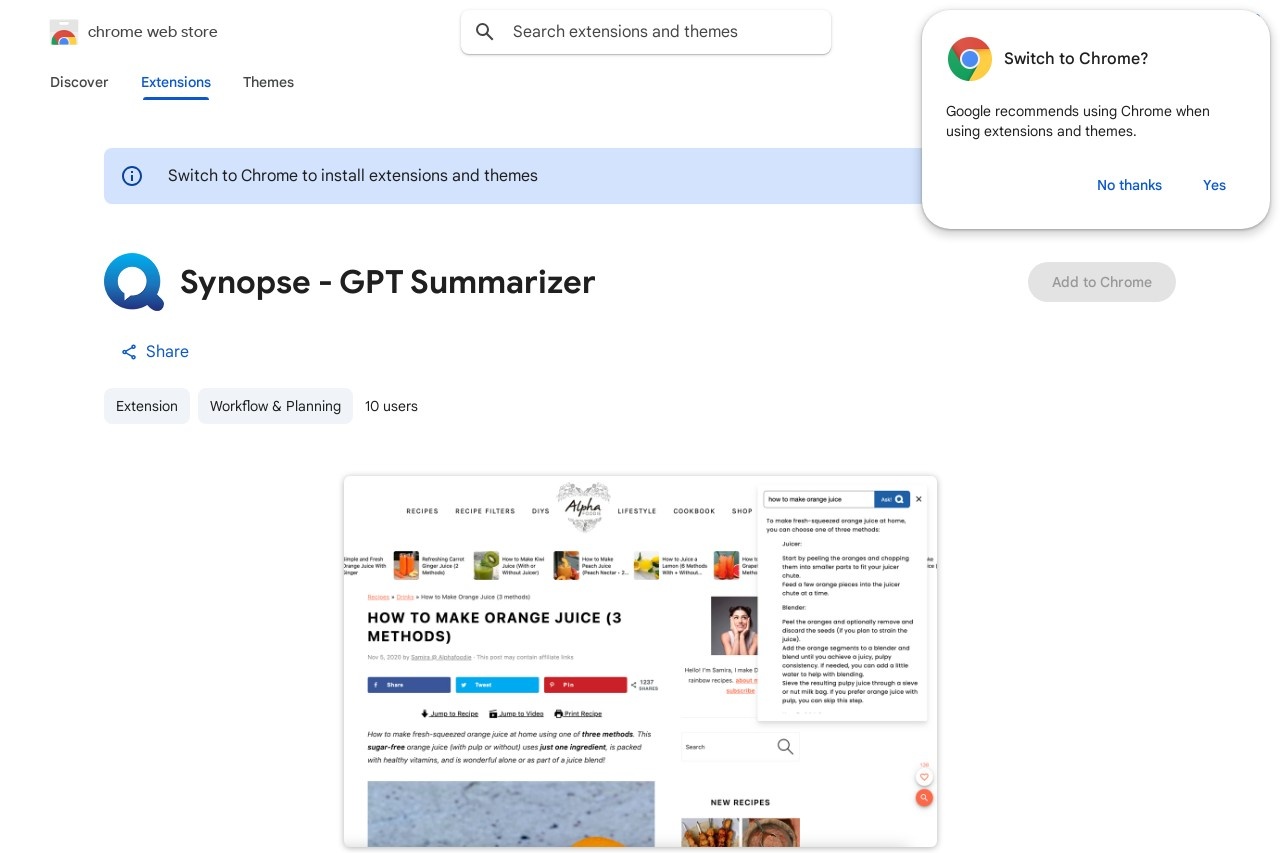Polisis
Polisis: AI-Powered Privacy Policy Summarization Tool
In today's digital landscape, privacy policies are often lengthy, complex documents filled with legal jargon. Polisis is an innovative tool that leverages artificial intelligence to simplify these policies, making them accessible to everyday users.
What is Polisis?
Polisis is a cutting-edge platform that automatically analyzes and summarizes privacy policies from websites and mobile applications. Using advanced natural language processing (NLP) and machine learning algorithms, it extracts key information and presents it in an easy-to-understand format.
Key Features
- Instant Summaries: Generates concise overviews of privacy policies in seconds
- Visual Flowcharts: Presents complex data practices as intuitive diagrams
- Customizable Analysis: Allows users to focus on specific aspects like data collection or sharing practices
- Comparative Tool: Enables side-by-side comparison of policies from different services
- Browser Extension: Provides real-time analysis while browsing
How It Works
Polisis processes privacy policies through multiple AI-powered steps:
- Document parsing and structure analysis
- Identification of key policy sections
- Extraction of relevant clauses and practices
- Classification of data handling approaches
- Generation of user-friendly summaries
Benefits for Users
By using Polisis, individuals can:
- Quickly understand how their personal data will be used
- Make informed decisions about which services to use
- Identify potential privacy risks before agreeing to terms
- Save time by avoiding manual policy review
Applications
Polisis serves various stakeholders:
- Consumers: Empowered to make privacy-conscious choices
- Businesses: Can benchmark their policies against competitors
- Researchers: Study privacy trends across industries
- Regulators: Monitor compliance with data protection laws
As privacy concerns continue to grow, tools like Polisis bridge the gap between legal requirements and user comprehension, fostering greater transparency in data practices.

